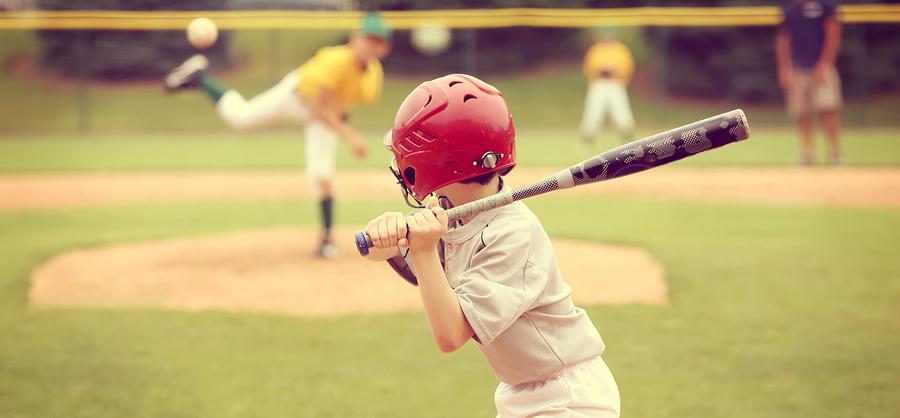We all know that sports are a great potential outlet for kids: They promote physical fitness and provide the opportunity to exercise social skills. As parents, we encourage our children to play sports and to play them safely, but even when caution is used, sports-related activities cause numerous injuries — many to the mouth and teeth, as the American Dental Association (ADA) reports. The good news? Several of these can be prevented by having your child wear an appropriately fitted mouthguard. As a parent, you should be aware of how mouthguards work, who needs them, and the various types available.
The ADA states that athletes of all ages, genders, and levels of competitive play can benefit from mouthguards. These flexible plastic devices fit into the mouth, covering the teeth and filling the space between the cheeks and the gums. As a very local sort of shock absorber, they stop blows to the face from directly impacting teeth, cutting down on tooth fractures. They also prevent the softer parts of the mouth, namely the cheeks and tongue, from being torn on the teeth's sharper edges. Wearing a mouthguard can significantly reduce the frequency and severity of sports-related orofacial injuries, such as broken teeth and bleeding gums.
Essential for All Sports
Because facial injuries can happen during any athletic activity, the use of mouthguards is encouraged in nearly every sport — even in noncontact sports, such as gymnastics, and low-contact sports, such as basketball. These low-contact athletes still sustain many dental injuries. For example, Sports Medicine highlighted a study that showed 70,936 injuries were reported in men's college basketball in a single year (1999-2000), but only around 10 percent of those players were wearing mouthguards. Those that were had significantly fewer dental injuries and dental referrals for treatment.
If you're wondering whether your child should be wearing a mouthguard, the easy, safe answer is "yes." According to the American Academy of Pediatric Dentistry, sports accidents account for 10 to 39 percent of all dental injuries in children, regardless of the sport or activity in which your child is participating. Whether it's noncontact activity (rollerblading, volleyball, soccer, skateboarding) or blatant contact-oriented sports (martial arts, boxing, wrestling), your child should wear a mouthguard. You never know, even if your kid is practicing on their own, when a fall or collision can occur.
Are Custom Mouthguards Necessary?
Because mouthguards are effective, encouraged, and often required, you'll want to make sure your child is equipped with the right model. There are two kinds available: custom-fit guards, made specifically for the player's face, and generic guards provided over the counter. Both offer significant protection, but the optimal choice is the custom mouthguard, which will have the best fit, according to the ADA. Of course, custom guards are far more costly, so if you opt for a generic mouthguard, it's certainly better than not wearing one at all.
Discuss your options with your child's dentist, coach, and pediatrician. Whichever mouthguard you choose, know you're making a safe call for your child by choosing to take advantage of a device that drastically cuts down on injuries in every sport for which it's used.




